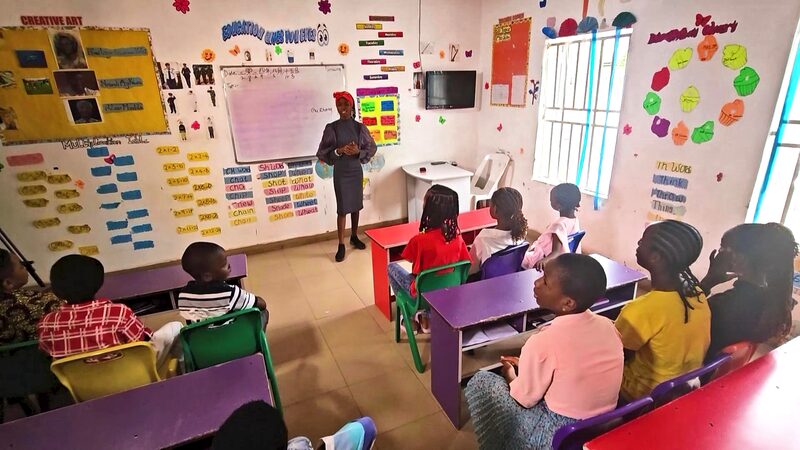As Shanghai's neon-lit skyline prepares for Lunar New Year celebrations, Belgian musician Tobias Le Compte reflects on his extraordinary journey from conservatory student to cultural bridge-builder. Having called the Chinese mainland home for over a decade, Le Compte's fluency in the Shanghai dialect and deep musical collaborations offer a unique perspective on cross-cultural integration.
In a recent interview with Wang Guan for The Hub's special Spring Festival edition, the artist revealed how mastering local linguistic nuances helped him connect with Shanghai residents. "The rhythm of the dialect mirrors the city's pulse," Le Compte observed, describing how his language skills informed his musical compositions.
His upcoming single "Between Two Homes," timed for the Year of the Horse, blends traditional Chinese instrumentation with Western harmonies. The track symbolizes his dual identity – honoring his European roots while embracing his adopted home's cultural tapestry.
From performing at intimate hutong venues to appearing on national television, Le Compte's story underscores Shanghai's enduring appeal as a global cultural hub. As millions travel home for family reunions this Lunar New Year, his narrative offers a fresh lens on modern belonging in Asia's megacities.
Reference(s):
Tobias Le Compte: Finding home in Shanghai through music and language
cgtn.com








